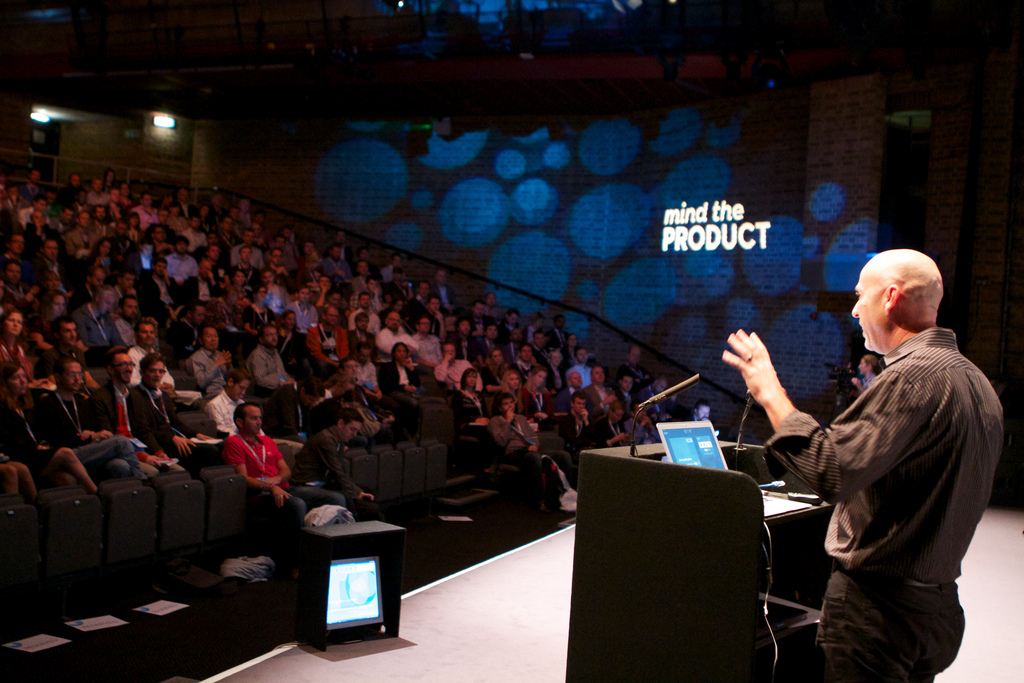Via here, which is in turn via here, we learn this: if you analyze 10,000 pieces of rewarded and/or appreciated work projects (across multiple industries), 88 percent of them — so, over 8,500 — began with a simple question:
What difference could I make that other people would love?
Interestingly, that’s somewhat similar to the “one question” idea Human Resources could embrace to make the on-boarding process better.
The whole article on Forbes this came from is about “getting the spotlight to shine on you,” which is probably not the thing this generation needs to really be thinking about. But I do always find it interesting in those articles, because there’s always a quote from some dude who’s like “I hired the best PR and marketing staff that money could buy, and still no one is paying attention to us!” Um. No you didn’t. If you had hired the best PR and best marketing staff money could buy, someone would be paying attention to you. Marketing and PR is primarily an unprovable science anyway; you can make billions without even having a CMO.
The big takeaways for getting the spotlight on you, then, were:
- Think about doing something that others would love
- Shine the spotlight on others (humans are reciprocal animals)
- Stop caring about getting the spotlight
Ha on the last one, because that’s how networking works best too: stop caring about networking and you’ll do it better.
Back to this question, though. It does require an awareness of other people, or at least an ability to synthesize and/or analyze data.
If you know what your boss loves, for example — if he/she is a stickler for grammar, or turning things in on time, or certain kinds of products, etc. — then focus your deliverables around those things. If you’re making a difference in the areas your boss loves, that can’t be a bad thing for you. (It might be a bad thing for the company or society as a whole, but hell, this is about No. 1, am I right?)
It gets a little tricky with customers and goes back to really understanding data points you’re getting back from them — which everyone claims they are now doing, but the whole idea of “senior leadership gut reactions” still permeates meetings — but the idea is, make a difference that other people would love. This isn’t even some kind of buzzword-heavy thing like “The customer is always right!” or “Know Thy Customer.” Not at all. It’s literally like this: look at data, figure out what they love, and try to make a difference in that area. That’s a lot of what Apple did. They’re about to be worth a trillion dollars. Not a coincidence.
